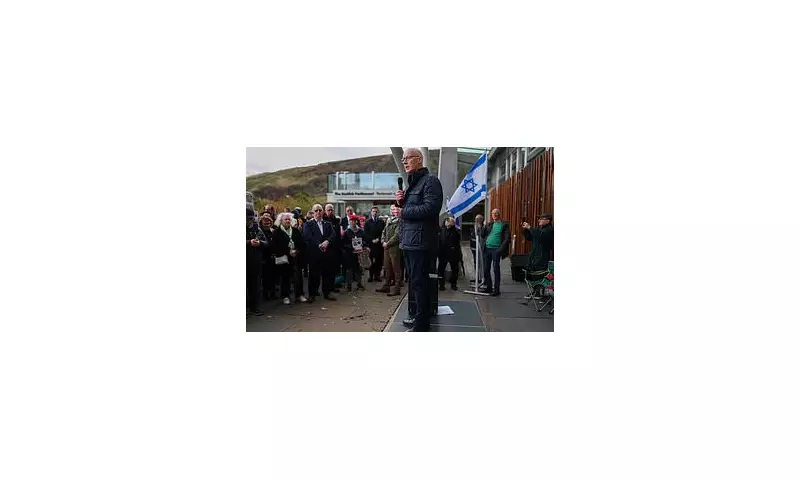
Scottish First Minister John Swinney is facing mounting criticism and accusations of "gross insensitivity" after defending his decision to make political statements about Palestinian statehood during a solemn vigil honouring victims of Hamas terror attacks.
Controversial Comments Spark Outrage
The political firestorm erupted when Mr Swinney used Wednesday evening's emotionally charged gathering - intended to remember those killed in Hamas's October 7 atrocities - to reiterate his government's position on recognising Palestine as an independent state.
Opposition politicians and community leaders have condemned the First Minister's timing and choice of venue as deeply inappropriate, arguing that a vigil for terror victims should remain free from political posturing.
Defiant Defence Amid Growing Criticism
Despite the backlash, Mr Swinney remained defiant during Thursday's First Minister's Questions, telling parliament: "I make no apology for standing at a vigil for the loss of life of Israeli citizens and saying that we need a balanced position in the Middle East."
The First Minister insisted his comments reflected the Scottish Government's long-standing position and emphasised the need for "a two-state solution" to achieve lasting peace in the region.
Political Fallout Intensifies
Scottish Conservative leader Douglas Ross led the condemnation, branding the remarks "completely and utterly inappropriate" and accusing Mr Swinney of exploiting a sombre occasion for political purposes.
Mr Ross told Holyrood: "Last night, at a vigil for those murdered by Hamas, the First Minister thought it was appropriate to make a political statement. Does he not understand how grossly insensitive that was to the families of victims and those who have loved ones being held hostage?"
The controversy comes amid heightened tensions in Scottish political circles regarding the Middle East conflict, with the Scottish Government having previously faced criticism for its stance on the Israel-Hamas war.
Community Reaction
Jewish community representatives expressed dismay at the First Minister's actions, with one attendee describing the atmosphere as "tense and uncomfortable" when the political comments were made during what was intended to be a non-political remembrance event.
As the debate continues, questions remain about the appropriate boundaries between political advocacy and commemorative events, particularly when dealing with such emotionally charged and divisive international conflicts.





